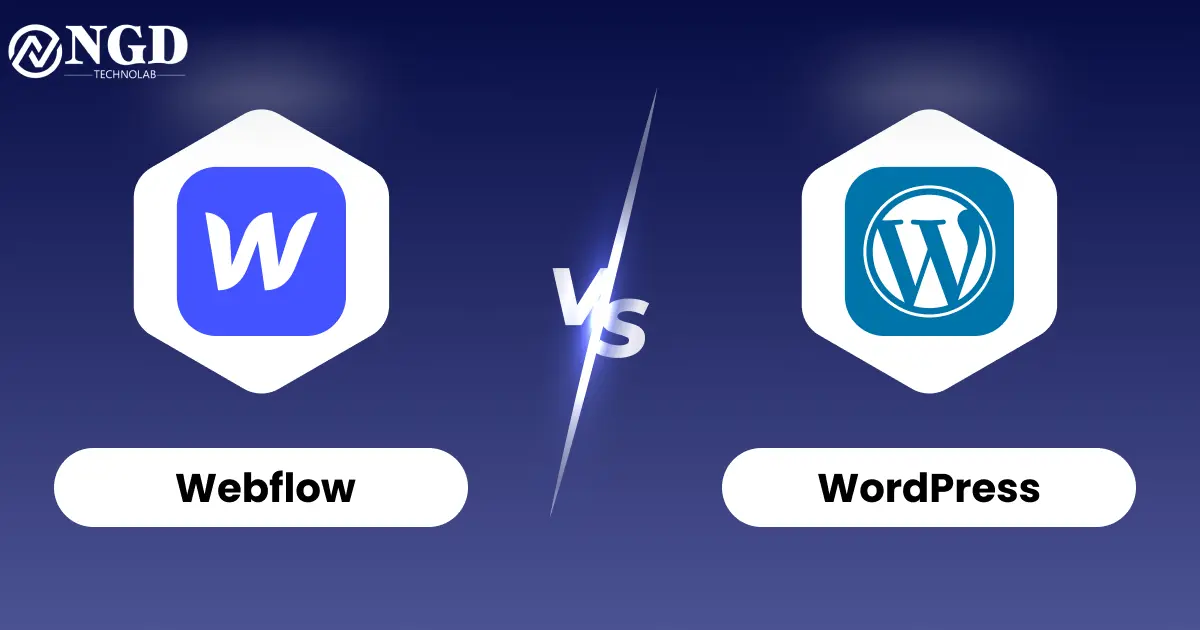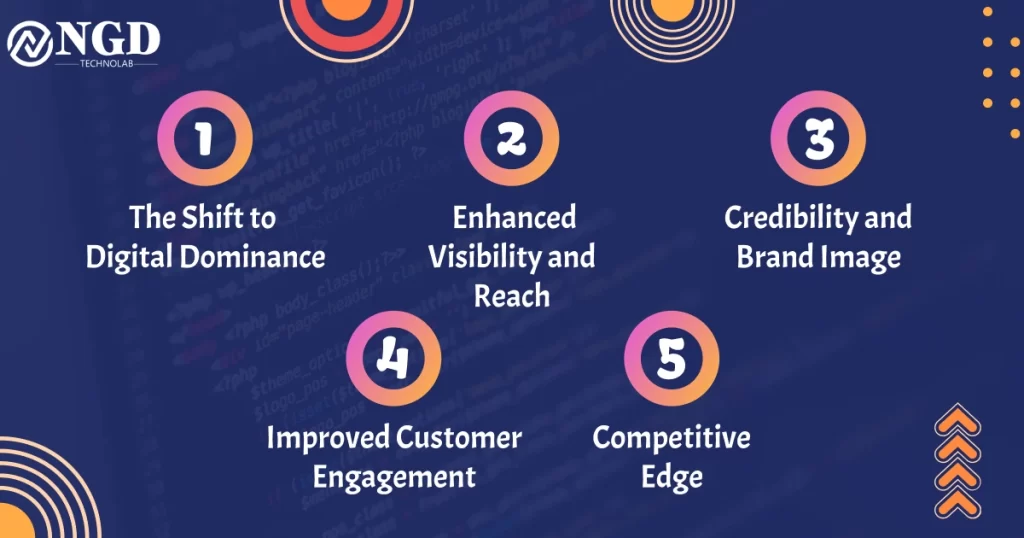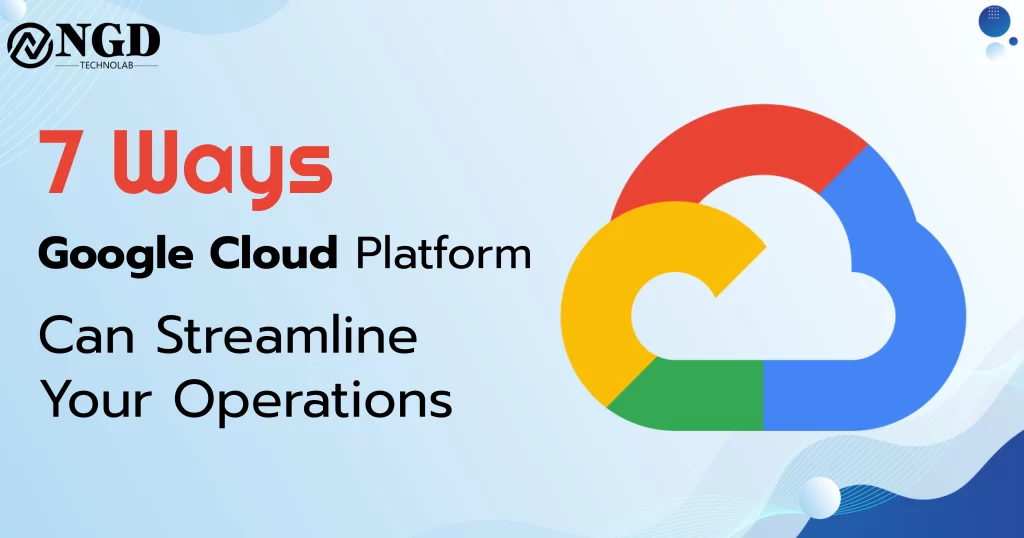Webflow vs. WordPress: A Comprehensive Analysis for Website Success
-
Harshid Patel

In the ever-evolving landscape of website creation, choosing the right platform is paramount. For those navigating the possibilities, the Webflow vs. WordPress debate looms large. Whether you’re a seasoned developer or a novice user, understanding the nuances of these two powerful tools is crucial. In this comprehensive analysis, we’ll delve into the strengths and weaknesses of Webflow and WordPress, exploring how each can contribute to the success of your website endeavors.
Webflow vs. WordPress: A Brief Overview
As we embark on this journey of comparison, it’s essential to understand the core characteristics of Webflow and WordPress. Both platforms cater to a wide range of users, but their approaches differ significantly.
Ease of Use and User Interface
When it comes to ease of use, WordPress has long been championed for its user-friendly interface. On the other hand, Webflow offers a unique visual interface that empowers users to design websites visually, making it a go-to choice for those who prioritize design flexibility.
Design Capabilities: Flexibility and Customization
The design landscape is a critical factor in choosing the right platform for your website. Webflow shines in this department, providing an intuitive interface that allows for pixel-perfect designs without the need for coding. WordPress, with its vast array of themes and plugins, offers customization but may require more technical know-how.
E-commerce Functionality
For those venturing into e-commerce, the capabilities of Webflow and WordPress in handling online stores are pivotal. WordPress, with its WooCommerce plugin, is a robust choice for e-commerce. Webflow, while capable, may require additional integrations for complex online store needs.
SEO Performance
Search Engine Optimization (SEO) is the lifeblood of online visibility. WordPress, with its SEO-friendly structure and numerous plugins, has long been a favorite among digital marketers. Webflow, too, offers SEO features but may require a steeper learning curve for optimization.
Community and Support
The strength of a platform’s community and support can significantly impact your website journey. WordPress, with its extensive user base, boasts a vast community and a plethora of online resources. Webflow, although growing, may not yet match the scale of WordPress in terms of community support.
Cost Considerations
Budget constraints often play a pivotal role in decision-making. WordPress, being open-source, is known for its affordability. Webflow, while offering a robust set of features, comes at a higher price point. The choice between the two may depend on your project’s financial considerations.
Performance and Loading Speed
Website speed is a critical factor influencing user experience and search engine rankings. WordPress, with proper optimization, can achieve excellent loading speeds. Webflow, known for its performance, offers hosting on a global Content Delivery Network (CDN) for faster loading times.
Security Features
In the realm of online security, both Webflow and WordPress take measures to protect websites. WordPress, with regular updates and a vigilant community, is secure when managed properly. Webflow’s hosting services also prioritize security, providing SSL certificates and other protective measures.
Webflow vs WordPress: Which One Is Right for You?
As we navigate the intricacies of Webflow vs. WordPress, the ultimate decision rests on your specific needs and preferences. Consider your level of technical expertise, design requirements, e-commerce ambitions, and budget constraints before making a choice.
Conclusion:
In the dynamic landscape of website creation, the Webflow vs. WordPress dilemma boils down to individual priorities. Both platforms offer unique advantages, catering to different user profiles. Whether you prioritize design flexibility, e-commerce functionality, or community support, understanding the nuances of each platform is key to making an informed decision for your website’s success.
Frequently Asked Questions:
Both Webflow and WordPress cater to beginners, but Webflow’s visual interface may be more intuitive for those with limited technical skills.
Webflow excels in design customization with its visual editor, allowing users to create intricate designs without extensive coding knowledge. WordPress offers customization through themes and plugins but may require more technical expertise.
Both platforms offer SEO features, but WordPress, with its extensive plugin ecosystem, is often considered more SEO-friendly.
WordPress is known for its affordability as an open-source platform. Webflow, while offering advanced features, comes at a higher price point.
Both platforms prioritize security, but proper management and adherence to best practices are crucial for maintaining a secure website on either Webflow or WordPress.
Get Free consultation and let us know about your custom web and Mobile App project idea

Over 14+ years of work experience, we have built 210+ web and mobile apps
We can help you with
- Dedicated Developer
- delivering high-quality development
- Custom Mobile App Development
- Innovative Solution For Startups and Enterprise
Get Free consultation and let us know about your custom web and Mobile App project idea

Over 14+ years of work experience, we have built 210+ web and mobile apps
We can help you with
- Dedicated Developer
- delivering high-quality development
- Custom Mobile App Development
- Innovative Solution For Startups and Enterprise


